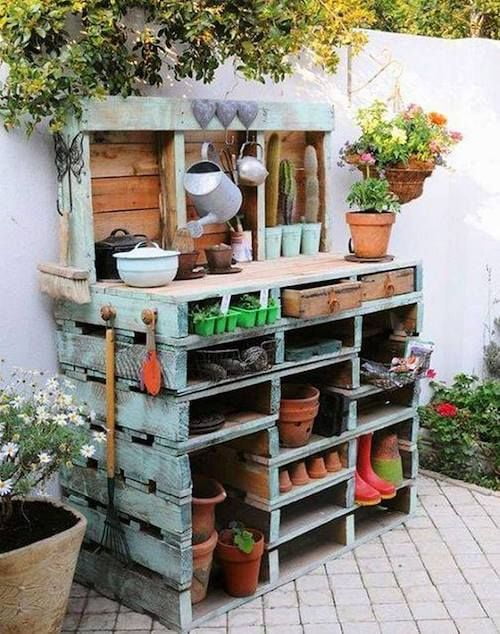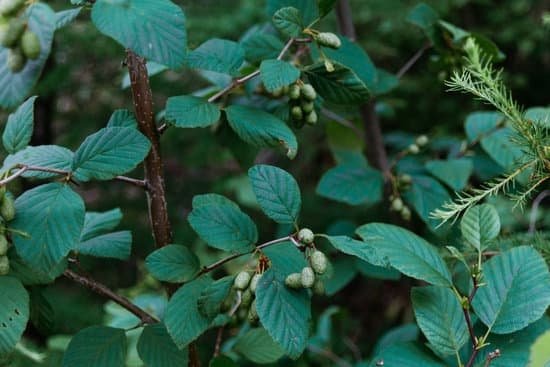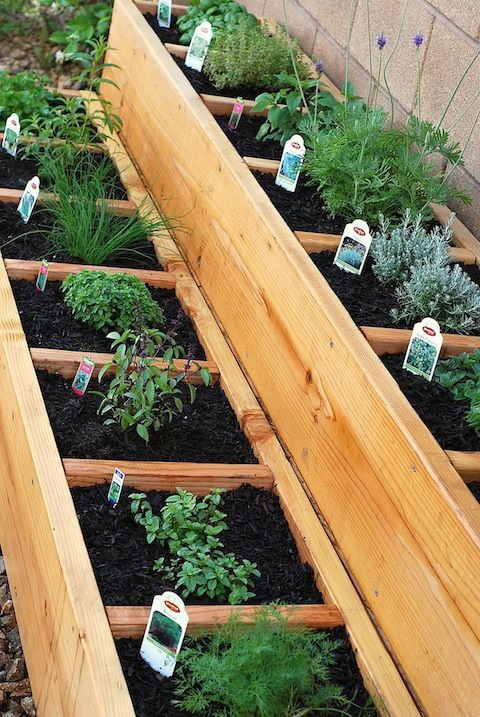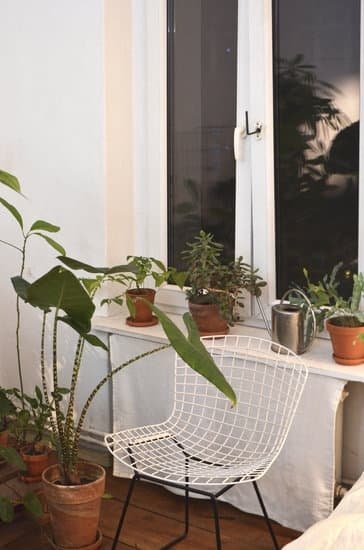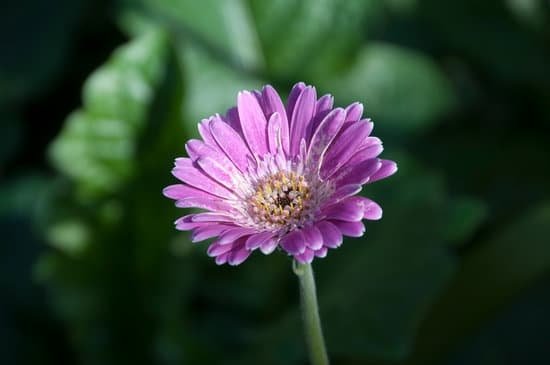Organic Gardening Tips Uk
Organic gardening is a great way to get back to nature and enjoy the fruits of your labour. It is also a great way to improve your health, and the health of your family and friends. But, before you can enjoy the benefits of organic gardening, you need to know a few things. Here are some tips to help you get started.
The first thing you need to know about organic gardening is that it is not as difficult as it may seem. In fact, it is probably a lot easier than you think. The key is to start small and work your way up. This way, you will not be overwhelmed and you will be able to learn as you go.
Another thing you need to know about organic gardening is that it is a great way to get back to nature. By using organic gardening methods, you will be able to connect with the earth in a way that you never thought possible. You will also be able to enjoy the fruits of your labour in a way that you never thought possible.
Finally, you need to know that organic gardening is a great way to improve your health, and the health of your family and friends. By using organic gardening methods, you will be able to improve the quality of the food that you eat. You will also be able to improve the quality of the air that you breathe. And, you will be able to improve the quality of your life.
Organic Gardening Tips Videos
Welcome to the organic gardening tips video section of our website! In this section, we will provide you with a variety of videos that will help you to learn more about organic gardening.
In the first video, we will discuss the benefits of organic gardening. We will talk about how organic gardening can help to improve the quality of the soil, and how it can help to reduce the amount of chemicals that are used in the garden. We will also discuss the benefits of organic gardening for the environment.
In the second video, we will discuss the basics of organic gardening. We will talk about how to prepare the soil for planting, and we will discuss the types of plants that are best suited for organic gardening.
In the third video, we will discuss the importance of composting in organic gardening. We will talk about how composting can help to improve the quality of the soil, and we will discuss the different types of compost that can be used in the garden.
In the fourth video, we will discuss the importance of organic pesticides in organic gardening. We will talk about how organic pesticides can help to protect plants from pests and diseases, and we will discuss the different types of organic pesticides that can be used in the garden.
In the fifth video, we will discuss the importance of mulching in organic gardening. We will talk about how mulching can help to protect plants from the heat and the cold, and we will discuss the different types of mulch that can be used in the garden.
In the sixth video, we will discuss the importance of watering in organic gardening. We will talk about how watering can help to improve the quality of the soil, and we will discuss the different ways that you can water your plants.
In the seventh video, we will discuss the importance of organic fertilizers in organic gardening. We will talk about how organic fertilizers can help to improve the quality of the soil, and we will discuss the different types of organic fertilizers that can be used in the garden.
In the eighth video, we will discuss the importance of crop rotation in organic gardening. We will talk about how crop rotation can help to improve the quality of the soil, and we will discuss the different crops that can be used in a crop rotation scheme.
In the ninth video, we will discuss the importance of companion planting in organic gardening. We will talk about how companion planting can help to improve the quality of the soil, and we will discuss the different plants that can be used in companion planting.
In the tenth video, we will discuss the importance of organic gardening in the home garden. We will talk about how organic gardening can help to improve the quality of the food that you eat, and we will discuss the different ways that you can start organic gardening in your home garden.
Organic Gardening Tips And Plants
Organic gardening is a type of gardening that does not use any synthetic fertilizers, pesticides, or herbicides. It relies on the use of natural materials to feed and care for plants.
Organic gardening is becoming more and more popular, as people become more interested in the health and environmental benefits of organic produce.
There are a few things to keep in mind when gardening organically. First, it is important to create a healthy soil environment. This can be done by adding organic matter to the soil, such as compost or mulch. Second, it is important to be patient, as organic gardening takes longer to produce results than conventional gardening.
When choosing plants for an organic garden, it is important to look for plants that are resistant to pests and diseases. There are many different types of organic gardening, so it is important to find one that fits your needs and interests.
Organic gardening is a great way to get in touch with nature, and it can be a fun and rewarding hobby. It is also a great way to get healthy, organic produce for your family.
Tips For Organic Gardening
Organic gardening is a great way to get in touch with nature and to produce your own healthy fruits and vegetables. It can be a fun and rewarding hobby, and it’s also a great way to save money on groceries. Here are a few tips for getting started with organic gardening:
1. Start small. Don’t try to take on too much at once. Start with a small plot of land, or even just a few pots on your balcony or deck.
2. Choose the right plants. Not all plants are well-suited for organic gardening. Choose plants that are hardy and that grow well in your climate.
3. Use organic fertilizers. There are many different types of organic fertilizers available. Choose one that is suited to your needs and your garden.
4. Use natural pest control methods. There are many different ways to control pests without using chemicals. Try using organic pesticides, or using natural methods such as traps or barriers.
5. Keep your soil healthy. healthy soil is essential for successful organic gardening. Add organic matter to your soil to keep it healthy and fertile.
6. Be patient. It takes time to establish a successful organic garden. Be patient and keep at it, and you will be rewarded with healthy, organic produce.
Youtube Organic Gardening Tips
Organic gardening is a type of gardening that does not use any synthetic fertilizers, pesticides, or herbicides. Instead, organic gardeners rely on natural methods to care for their plants, including using compost, manure, and organic mulches to provide nutrients and control pests and diseases.
If you’re interested in starting an organic garden, here are a few tips to get you started:
1. Choose the right location: An organic garden should be located in an area that receives plenty of sunlight and has good drainage.
2. Start with a healthy soil: Add compost, manure, and organic mulches to your soil to improve its quality and drainage.
3. Use organic pest control methods: There are many natural ways to control pests and diseases in your garden, including using beneficial insects, crop rotation, and organic pesticides.
4. Use organic fertilizers: Organic fertilizers such as compost, manure, and fish emulsion can provide your plants with the nutrients they need to grow healthy and strong.
5. Water wisely: Water your plants only when necessary and make sure to water them deeply.
If you follow these tips, you’ll be well on your way to creating a beautiful and healthy organic garden.
“

Welcome to my gardening blog! I am passionate about plants and enjoy sharing my knowledge and experiences with others. In this blog, I will write about everything related to gardening, from tips on how to get started to updates on my own garden projects.

